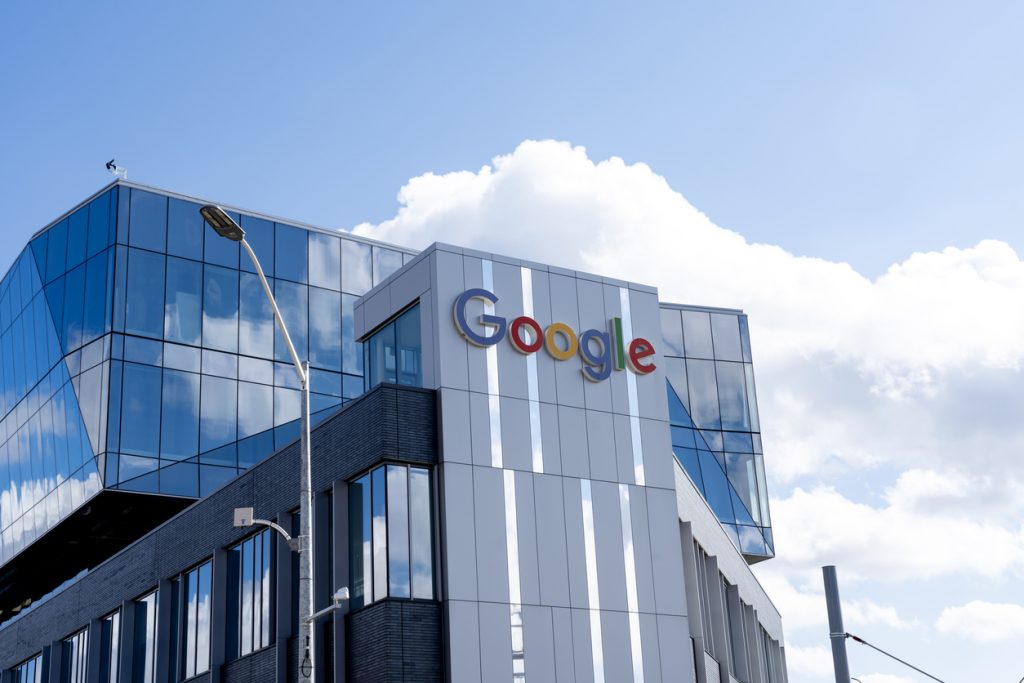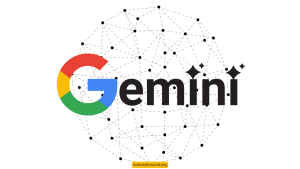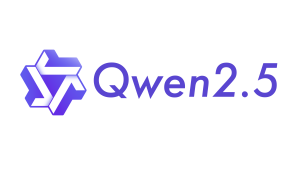Chegg Files Lawsuit Against Google: AI Overviews Threaten Educational Content.
In a groundbreaking lawsuit filed on Monday, Chegg Inc., a Santa Clara-based online education company, accuses Google of undermining the digital publishing industry and profiting off publishers' original content.
Chegg claims that Google's artificial intelligence-generated overviews, which summarize search results, are eroding demand for original content, depriving publishers of traffic and revenue.
The lawsuit, filed in Washington, D.C., sheds light on growing concerns within the digital publishing world. Chegg asserts that Google's AI overviews are designed to keep users within Google’s search engine, essentially using content from publishers without compensating them, and thus eliminating their financial incentives to create and distribute content.
The Growing Impact of AI Overviews
Chegg is no stranger to the evolving digital landscape. The company, known for providing textbook rentals, homework help, and online tutoring, has seen a significant drop in visitors and subscribers.
This decline, Chegg argues, is directly tied to Google's use of AI overviews, which summarize search results, often rendering the need for users to click through to external sites unnecessary.
The shift to AI-generated summaries has raised alarms about the future of online education and content publishing. Chegg’s CEO, Nathan Schultz, described the issue as an existential threat to both his company and the broader digital publishing ecosystem.
He warned that if the trend continues, it could lead to a “hollowed-out information ecosystem of little use and unworthy of trust,” as AI overviews often prioritize convenience over accuracy and originality.
“The future of internet search, students’ access to quality learning, and the integrity of digital publishing are all at stake,” Schultz stated. The company is considering a potential sale or taking the company private due to these ongoing challenges.
Google Responds: AI Overviews Create More Opportunities
Google, however, has dismissed Chegg’s accusations as meritless. In a statement, Google spokesperson Jose Castaneda defended the AI overviews, arguing that they improve the overall search experience for users.
According to Castaneda, these AI-driven summaries help users find relevant information more quickly, leading to increased engagement and opportunities for content discovery.
"With AI Overviews, people find Search more helpful and use it more, creating new opportunities for content to be discovered," Castaneda explained. “Every day, Google sends billions of clicks to sites across the web, and AI Overviews send traffic to a greater diversity of sites.”
While Google claims its AI overviews ultimately benefit content creators by increasing exposure, Chegg argues that this is a misleading narrative. Instead, Chegg contends that Google is profiting off the original work of others without fairly compensating them.
The Antitrust Implications: A New Legal Challenge
The lawsuit has significant implications, as it represents one of the first high-profile cases in which a company accuses Google of antitrust violations related to its AI-driven search engine features.
Chegg alleges that Google's actions are in violation of laws that prevent companies from conditioning the sale of one product on the requirement that the customer provide or sell another product—in this case, Google's use of publishers’ content without proper compensation.
This legal battle takes place against the backdrop of ongoing scrutiny of Google’s dominant position in online search.
In a separate case, U.S. District Judge Amit Mehta ruled in favor of the U.S. Department of Justice, stating that Google holds an illegal monopoly in the online search market. Judge Mehta is also overseeing the current case involving Chegg, which may further fuel concerns about Google’s market power and its influence over content distribution.
Google has vowed to appeal the ruling in the DOJ case and has also filed a motion to dismiss the Arkansas newspaper’s class action lawsuit against it. These legal challenges highlight the growing tension between content creators, tech giants, and regulatory bodies over the future of digital content and monopolistic practices.
Chegg’s Declining Shares and Impact on Employees
The consequences of Chegg’s struggles are visible in the company’s financial performance. On Monday, Chegg’s shares closed at $1.57, marking a dramatic drop of more than 98% from its peak price in 2021.
In response to the ongoing financial challenges, Chegg announced plans to lay off 21% of its workforce in November, a move that underscores the severe impact that AI overviews and declining user engagement are having on its operations.
Schultz’s comments reflect the frustration felt by many in the educational content space. “Our lawsuit is about more than Chegg,” he emphasized. “It’s about the future of digital publishing and the loss of access to quality, step-by-step learning in favor of AI-generated summaries that often lack depth and accuracy.”
The Future of AI in Search: Will Publishers Be Left Behind?
As AI continues to shape the future of online search, the debate over how content is used and monetized is becoming increasingly urgent.
Publishers have long relied on Google to drive traffic to their websites, and in exchange, they’ve allowed Google to crawl their content to generate search results. However, with the rise of AI overviews, publishers are now facing a situation where their content is used to enhance Google's platform without any direct compensation or benefit.
This legal battle is just the tip of the iceberg, as concerns about AI's impact on original content, intellectual property, and online competition grow
. If Chegg’s lawsuit succeeds, it could set a precedent for how AI features in search engines are regulated, A Critical Moment for Content Creators and the Internet Ecosystem
Chegg’s lawsuit against Google highlights a crucial moment in the evolution of the digital landscape. As AI technology reshapes the way information is accessed, questions about fairness, transparency, and compensation are becoming more pressing.
The outcome of this case could have far-reaching implications for the future of digital publishing, the role of search engines in content distribution, and the long-term viability of independent educational platforms.
As both tech giants and content creators navigate this rapidly changing environment, the balance between innovation, user experience, and fair compensation will remain a key challenge. The Chegg vs. Google case is not just a corporate dispute—it’s a fight for the future of content on the internet.




















